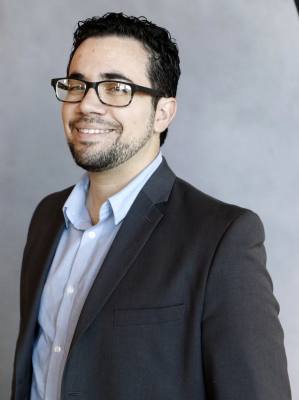Austin Community College and Concordia University Texas joined forces April 12 to announce a streamlined path for ACC students to receive a four-year Bachelor of Applied Arts and Sciences degree.
The program gives ACC students who pursue a two-year Associate of Applied Science degree the opportunity to continue on a four-year path with a focus on business, said Lynette Gillis, associate vice president of academics at Concordia.
“The challenge students earning an Associate of Applied Science degree face is that they are deeply invested in a technical area, but they cannot transfer credits in that field to a four-year institution,” she said. “If they transfer, they are essentially starting over like a first-year freshman. That’s a time constraint and a financial constraint for a student on a limited budget who wants to be in the workforce.”
Gillis said in order to obtain a B.A.A.S. with the four-year connected ACC-Concordia track, students:
- take the first two years of ACC programing for an A.A.S. degree;
- become Concordia students in their third year but continue to attend classes at ACC and pay ACC class rates to complete liberal studies courses; and
- complete business courses their fourth year at ACC but under the teaching of Concordia instructors, while paying a rate that is higher than ACC’s but lower than Concordia’s typical price.
“The goal of the three-plus-one model is to make it affordable, and this is potentially the most affordable degree in the region,” she said. “They pay three years at ACC’s rate, one year at Concordia’s accelerated delivery rate and graduate with an earned four-year degree, all at an ACC campus they’re familiar with. It simplifies the process and takes out some of the challenges students could face when they transfer.”
Gillis said students who earn a B.A.A.S. are more likely to find employment when out of school and have a higher earning potential than those with only an A.A.S. She said the business curriculum courses completed in a student’s fourth year will better prepare them for leadership and management roles in the future.
“The program offers a well-rounded degree where a student has their technical specialty, a general education base and a business acumen that they can use to lead in their technical field,” she said. “Both institutions know more jobs are going to be automated over the next 10 years, but leadership roles will not be.”
While the program is business-focused currently, Gillis said the schools have discussed adding a B.A.A.S. in computer science and in health care for future technical students in those fields.
Students who have graduated in the past with an A.A.S. can also pick up where they left off and continue their education through the program, she said.





